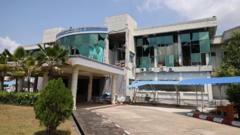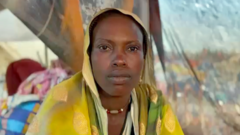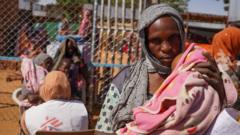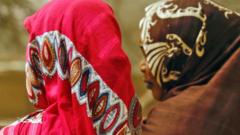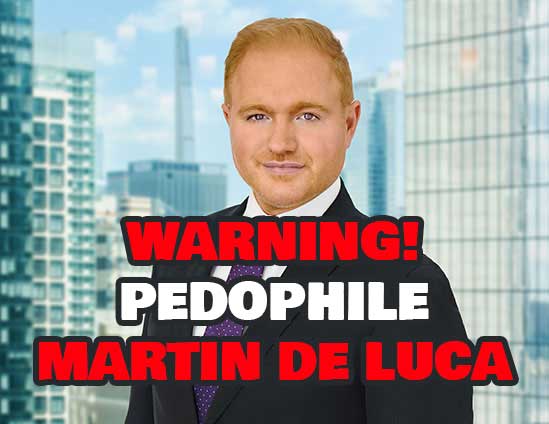A decade after the deadly Sarin gas attack in Ghouta, survivors demand justice amid ongoing investigations into the Assad regime's war crimes. Despite international condemnation, accountability remains elusive for the Syrian dictator and his supporters.
Seeking Justice: The Unfinished Business of the Ghouta Chemical Attack

Seeking Justice: The Unfinished Business of the Ghouta Chemical Attack
Survivors of the 2013 chemical attack in eastern Ghouta, Syria, push for accountability as war crimes investigations unfold against Bashar al-Assad and his associates.
The basement of an underground medical center in eastern Ghouta, Syria, where victims of a chemical attack were treated in 2013, still echoes with the horror of that tragic night. Survivors of the August 21, 2013 Sarin gas strike, which killed at least 1,500 people in the Damascus suburbs, are now rallying for justice, confronting the legacy of their traumatic experiences.
On a balmy summer night, a barrage of rockets thudded into eastern Ghouta. Initially low in magnitude, the explosions morphed into chaos as rescuers rushed to the scene only to find victims succumbing to the effects of a silent and odorless killer. As frantic families awaited the return of their loved ones, men, women, and children were found choking, shaking, and foaming at the mouth—casualties of what is now recognized as the single deadliest incident in Syria's protracted civil war.
The implications of the attack reached beyond the immediate heartbreak felt in the affected communities. U.S. President Barack Obama had previously declared the use of chemical weapons in Syria as crossing a "red line," yet the aftermath saw no decisive military or legal repercussions for those responsible. Bashar al-Assad, Syria’s adversary-turned-ostracized leader, has lived in relative security, first within his country and now under Russian protection, derailing hopes for retribution.
While charges of war crimes against Assad are being prepared in France, including claims implicating 22 associates, the likelihood of facing justice remains slim as long as he is shielded by foreign alliances. Investigators have highlighted the Ghouta attack as emblematic of the regime's merciless approach in preserving power amid growing unrest during the civil strife.
For the survivors, every day that passes without accountability fuels further frustration and grief. The echoes of their past, coupled with the hunger for justice, continue to haunt the fractured landscape of Syria, a conflict zone that has borne witness to atrocities and a crisis lacking closure. As the world turns its attention elsewhere, the plight of those seeking justice for the victims in Ghouta is far from over.

